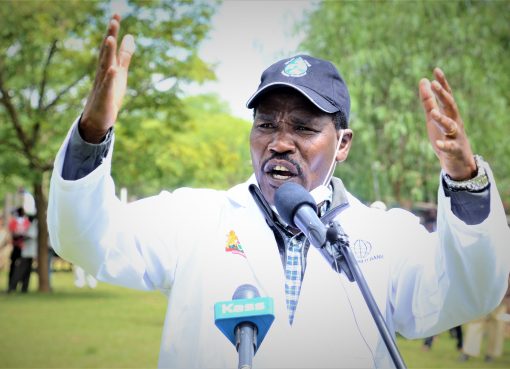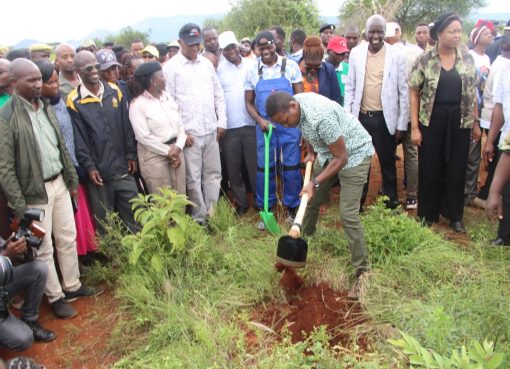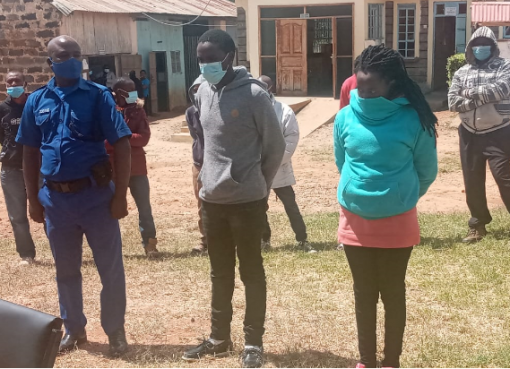Kisii County Woman representative Doris Aburi has expressed concern over an alarming number of children born to mentally handicapped mothers in the county.
Speaking during the 16 days of activism against Gender-Based Violence (GBV) at Sosera health centre in Nyamasibi ward, Nyaribari Masaba Constituency, Aburi chastised the society for being silent on the matter saying it was a ticking time bomb that will escalate the number of neglected children in the society.
Calling for concerted action, Aburi said mentally ill women with madness, retardation, or insanity had fallen victim to rapists who are impregnating them, worsening their already dire state.
The women representative revealed that she will contribute to a motion in Parliament to ensure the matter was discussed to compel the government to cater to such children by ensuring they have access to free education and health care.
“It is a pity that sober people are impregnating these helpless women who cannot even nurse children born from such abuse!” Exclaimed Aburi.
On Female Genital Mutilation, she urged residents to desist from abetting the law by allowing secret performance of the act, terming it as a retrogressive cultural practice.
Aburi said FGM was outdated and added no value to the health of those who underwent the act.
On GBV against men, Aburi noted that there was a paradigm shift from abuse on women to men too experiencing the same.
She appealed to families to find alternative ways of resolving their conflict instead of exchanging blows, which lead to physical injury and even death.
Area Chief, Zacharia Ombuna assured residents that the government had moved to streamline the registration of the physically challenged persons to the Inua Jamii programme so that they could benefit from the government social protection fund.
According to the Kenya National Bureau of Statistics (KNBS) report of 2022, Gender-based violence (GBV) is acknowledged worldwide as a violation of basic human rights, while research has highlighted the health burdens, intergenerational effects, and demographic consequences of such violence.
KNBS states that GBV, as defined by the United Nations, is any act of violence that results in physical, sexual, economic, or psychological harm, or suffering to women, girls, men, and boys, as well as threats of such acts, coercion, or the arbitrary deprivation of liberty.
In Kenya, GBV is widely acknowledged to be of great concern from the perspective of human rights, economics, and health.
To combat this scourge, a number of legal and policy frameworks have been adopted, including the Constitution of Kenya, 2010, Sexual Offences Act, No.3 of 2006; Protection against Domestic Violence Act, No.2 of 2015 and Victims Protection Act, No. 17 of 2014.
Others are National Policy on Prevention and Response to Gender-Based Violence, 2014, and Sessional Paper No. 2 of 2019 on National Policy on Gender and Development.
By Jane Naitore





